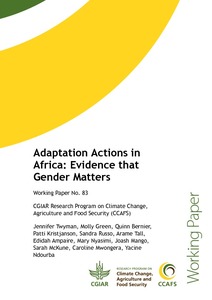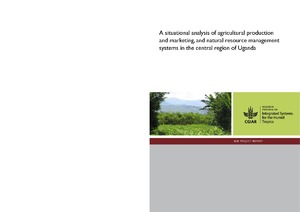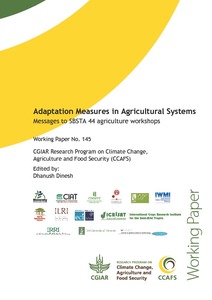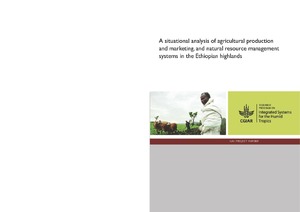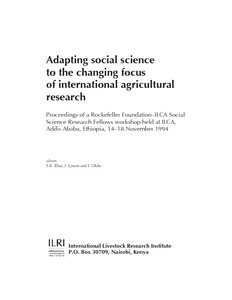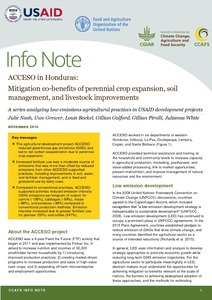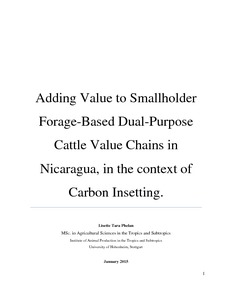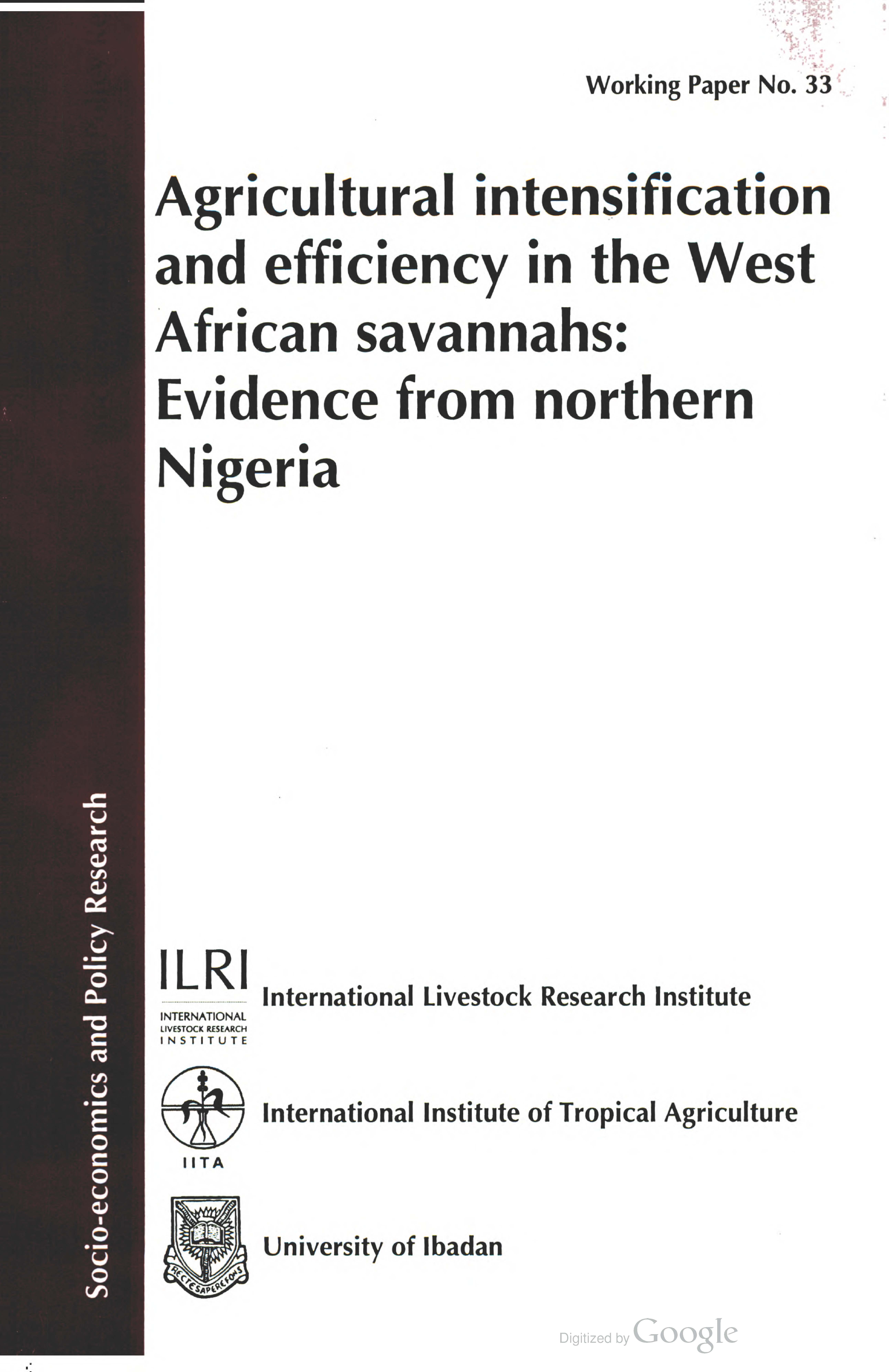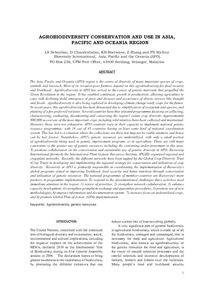Adaptation Actions in Africa: Evidence that Gender Matters
This paper presents the initial data analyses of the CCAFS gender survey implemented in four sites in Africa. Using descriptive statistics we show gender differences in terms of perceptions of climate change, awareness and adoption of climate smart agricultural (CSA) practices, and types and sources of agro-climatic information in the four sites.We find that both men and women are experiencing changes in long-run weather patterns and that they are changing their behaviours in response; albeit relatively minor shifts in existing agricultural practices.

